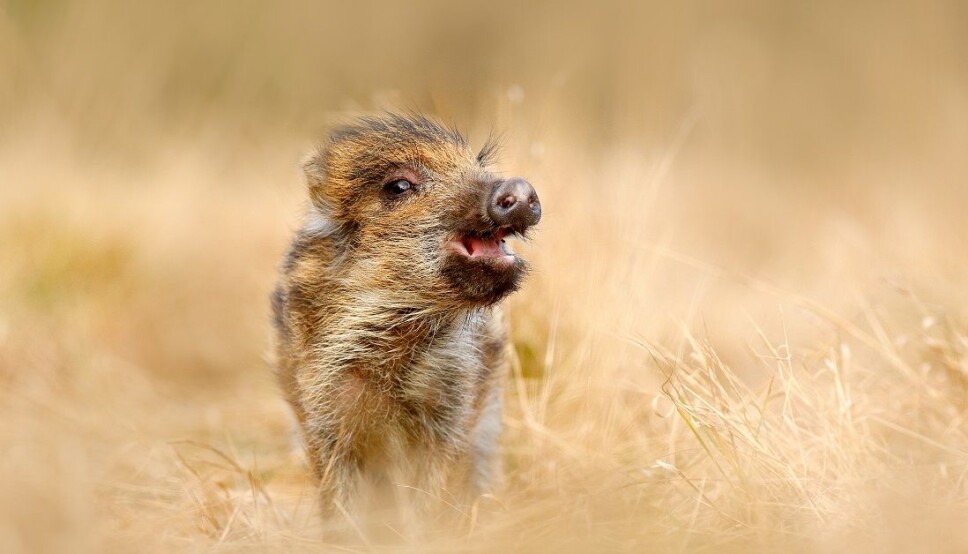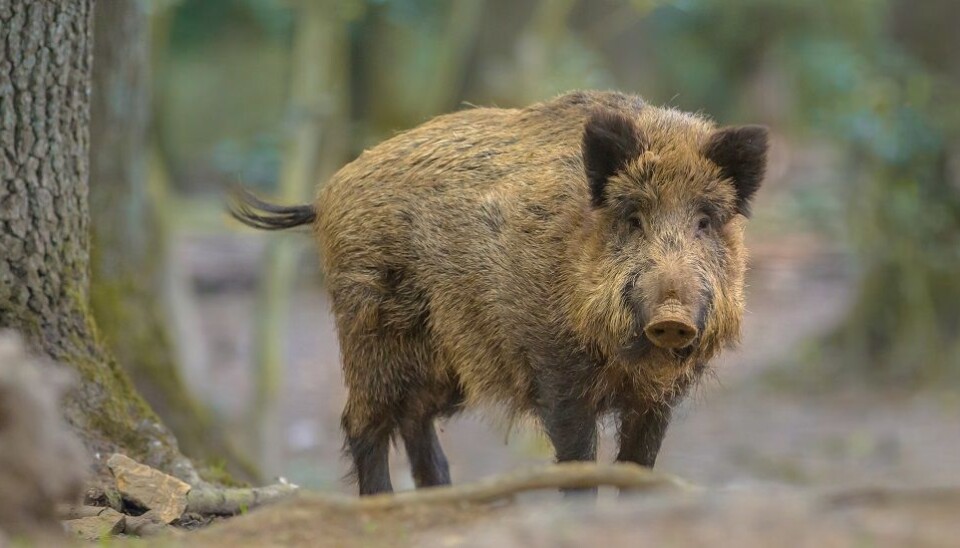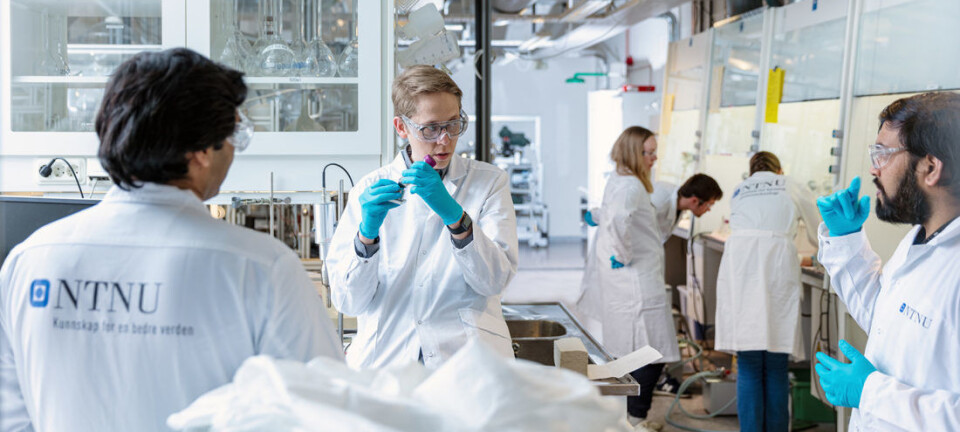This article is produced and financed by NTNU Norwegian University of Science and Technology - read more

No disadvantages to having kids early. If you're a wild boar, that is.
Until now we’ve believed that animals that grew fast did so at a cost. For wild-boar however, it seems to be advantageous.
When some species are heavily hunted, animal mortality increases and they have fewer offspring in the course of their lives.
To compensate for this, animals that are hunted often respond by becoming sexually mature and bearing young ones earlier than species that are not hunted. In other words, animals being hunted have a "faster" life history.
Until now we’ve believed that animals that grew fast did so at a cost. The idea has been that rapid physical maturity happens at the expense of a long-lived body. The early-growth individuals should therefore be more prone to disease and earlier natural death, partly due to a poorer immune system and increased physiological stress.
This pattern may indeed apply to some species. But an NTNU study of wild boar recently published in Oecologia shows that this is not always the case.
Goes against conventional knowledge
Wild boar are starting to establish themselves in Norway after spreading via Sweden. But this research team examined around 1,000 wild boars in the Châteauvillain-Arc-en-Barrois forest in France.
The most common cause of death for this wild boar population is hunting by humans.
“Evidence indicates that hunting by humans affects the population. The hunting pressure means it’s advantageous for wild swine to become sexually mature and have young earlier,” says Lara Veylit, first author of the study and a PhD candidate in the Department of Biology at NTNU.
Normally, researchers would expect wild boars in this population to reproduce earlier, but also to die earlier as a result of higher stress on the body. What they observed went against the conventional knowledge in the field.
Fast-growing males lived longer
“We found that males that grew rapidly actually had lower mortality due to both hunting and natural causes,” says Veylit.

The faster-growing males also lived longer on average, whether taken by hunters or dying from natural causes.
This finding may indicate that the healthiest and most sexually attractive males are the early-maturing ones. They are also the best at hiding from hunters.
Low association between growth and mortality for females
The mortality for the females was not affected by whether they developed early or late.
Females that reproduce early can be much smaller when they are young. The females only needed to reach 35 to 40 per cent of their adult weight when having their first litter.
But the strain this places on the body does not seem to make them more vulnerable or prone to early mortality.
Reference:
Oecologia. Grow fast at no cost: no evidence of a mortality cost for fast early-life growth in a hunted wild boar population. Lara Veylit, Bernt-Erik Sæther, Jean-Michel Gaillard, Eric Baubet, Marlène Gamelon. https://doi.org/10.1007/s00442-020-04633-9


































